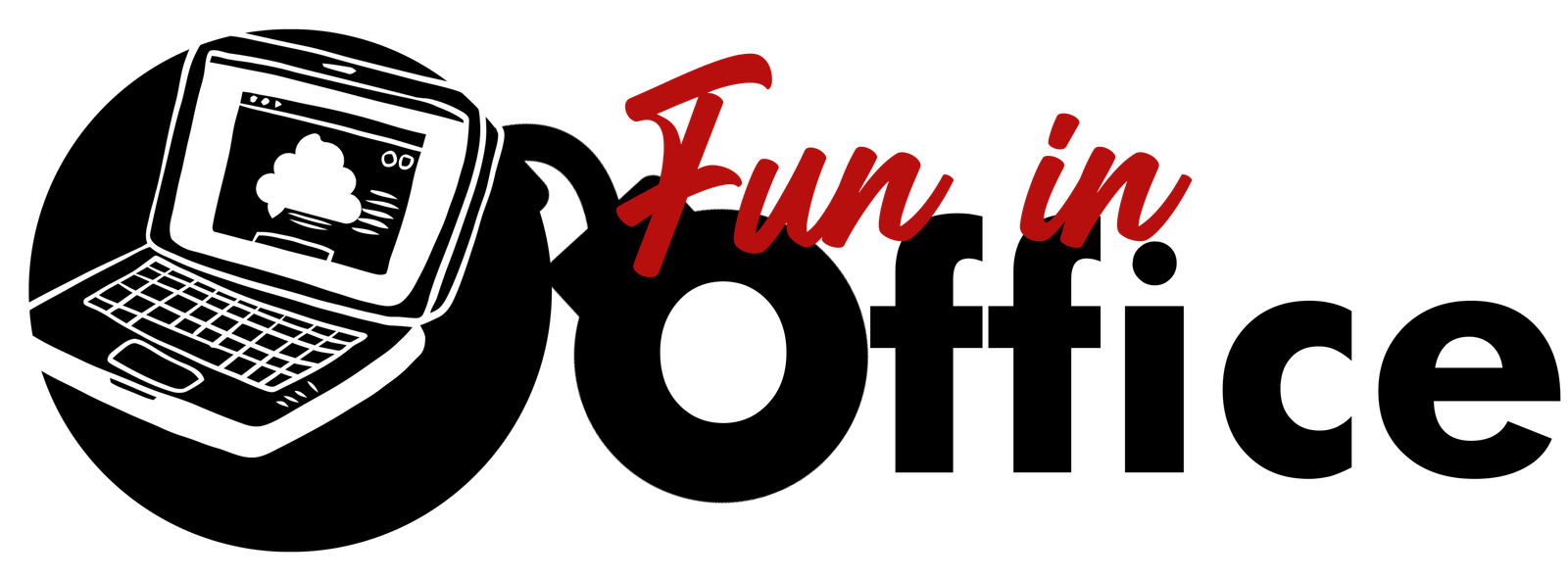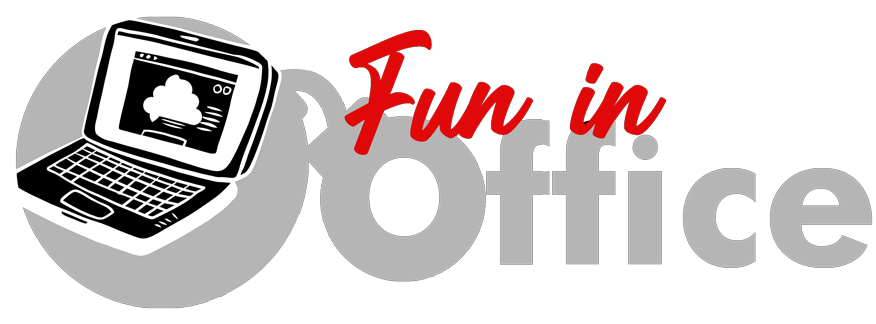In the fast-paced world of modern work, navigating ethical challenges is like traversing a thrilling, intricate tapestry. Every decision, interaction, and collaboration is an opportunity to weave the thread of ethics into the fabric of organizational success and individual well-being. While the word “ethics” may conjure up images of stuffy rules and regulations, its true significance in the contemporary professional landscape cannot be overstated. As businesses face increased scrutiny, a new perspective on office ethics has emerged – one that recognizes ethics as a cornerstone of success and a pathway to a more exciting and fulfilling work life.
Understanding The Significance Of Ethics In The Workplace

- Building Trust and Credibility: At the heart of ethical behaviour lies trust—an invaluable currency in professional relationships. Ethics serve as the bedrock on which trust is built. When individuals and organizations consistently demonstrate ethical conduct, they foster an environment where trust and credibility flourish.
- Enhancing Organizational Reputation: In an era where information travels at the speed of a click, an organization’s reputation is delicate. Ethical practices contribute significantly to shaping a positive public image. Conversely, unethical behaviour can lead to reputational damage that is often challenging to repair.
- Employee Morale and Engagement: Employees are the lifeblood of any organization. A workplace characterized by ethical conduct cultivates a positive culture, boosting employee morale and engagement. When individuals feel that their organization operates with integrity, they are more likely to be invested in their work.
- Legal Compliance and Risk Mitigation: Ethical practices align with legal compliance, mitigating the risk of legal complications. Organizations that prioritize ethics not only avoid legal pitfalls but also create a culture of responsibility and accountability.
Why Ethics Matter More Than Ever Today

In today’s rapidly evolving business landscape, ethics have assumed a paramount role. The dynamic interplay of globalization, technological advancements, and social awareness has amplified the importance of ethical considerations.
- Globalization and Diverse Workforces: As businesses transcend geographical boundaries, they interact with diverse cultures and perspectives. Ethical norms vary, and organizations must navigate this diversity while upholding a universal standard of ethical conduct.
- Technological Advancements and Data Ethics: The digital age brings forth ethical considerations related to data privacy, cybersecurity, and artificial intelligence. Organizations must grapple with ethical dilemmas concerning the collection and use of data, demanding a proactive and principled approach.
- Social Awareness and Corporate Responsibility: A heightened societal consciousness places organizations under the microscope. Consumers and employees alike scrutinize corporate behaviour. Ethical practices and a commitment to corporate social responsibility are no longer optional but integral to long-term success.
- Transparent Communication in the Information Age: The digital era demands transparency. Any deviation from ethical standards can be swiftly exposed and disseminated, impacting an organization’s standing. Transparent communication, rooted in ethical principles, is imperative in this information age.
Professional Ethics: A Pillar For Employees

- Personal Integrity and Well-Being: For individual employees, ethical behaviour is not just a professional obligation but a reflection of personal integrity. Maintaining one’s moral compass contributes to a sense of well-being and fulfilment.
- Career Advancement and Opportunities: Ethical conduct enhances an individual’s professional reputation. Colleagues, superiors, and peers are more likely to trust and respect those who consistently demonstrate ethical behaviour. This, in turn, opens doors to career advancement and opportunities.
- Stress Reduction and Job Satisfaction: Unethical practices can lead to stress and internal conflict. Conversely, adhering to ethical principles promotes a work environment characterized by trust and collaboration, contributing to job satisfaction and overall well-being.
Conclusion: Embracing Professional Ethics As A Collective Responsibility

As we wrap up, I wanted to share with you a new perspective on office ethics. It’s not just about following strict rules, but rather about creating a positive environment that promotes honesty, openness, and responsibility. We all play a part in building this type of culture, whether we’re part of a larger organization or working on our own. By prioritizing integrity and accountability, we can help create a professional world that values more than just profits – one that truly cares about doing what’s right. Thanks for reading!
A New Outlook Office Office Ethics Outlook on Office Ethics
Last modified: November 16, 2023





















